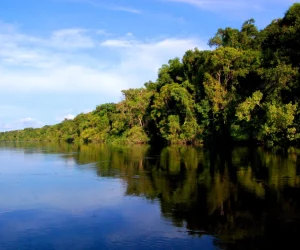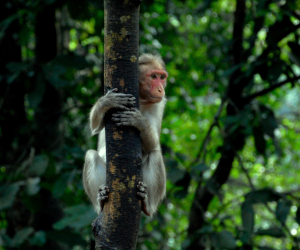Carbon Market for small and medium-sized Brazilian rural properties
Established by Article 6 of the Paris Agreement, the International Carbon Market is continually addressed as a necessary factor in mitigating climate change. Brazil is one of the countries seeking the benefits of its implementation, having declared the objective of reducing 37% of Greenhouse Gas (GHG) emissions by 2025, and in 2021, established climate neutrality by 2050 as a goal.
To reach these numbers, it is necessary to think not only about national actions, but also identify the role of subnational governments in stimulating the development of mechanisms and strategies to support carbon markets. It is important to stimulate a public-private debate at the national and subnational level so that nature’s contributions to people are valued as an alternative for income generation, strengthening the network of local actors in the implementation and execution of environmental actions.
In this context, Salesforce established a partnership with IIS to develop research on possible contributions by subnational governments to accessing the emerging Brazilian carbon market. The “Carbon Market for small and medium-sized Brazilian rural properties” project aim to investigate the barriers to access carbon markets by small and medium-sized rural properties in Brazil and propose alternatives to overcome these challenges, supporting financing conservation and restoration actions in rural areas.
Some of the main actions envisaged in the project are:
- Characterise landowners and carbon storage/sequestration providers, as well as their expectations regarding this emerging market;
- Identify potential buyers of carbon credits, project financiers and other key stakeholders;
- Raise economic mechanisms that can enable and facilitate the commercialisation of carbon credits;
- Mapping potential articulations for joint action by public bodies and private organizations, in order to guarantee governance and the institutional arrangement;
- Analyse existing regulations and legal instruments, in addition to monitoring debates on the preparation and approval of these documents.
The project will present its results through a technical report containing recommendations and alternatives on access to carbon markets by small and medium-sized Brazilian rural properties, focusing on the performance of each stakeholder.
In addition, a workshop will be held on the role of subnational governments along with rural properties in the carbon market agenda. In it, a mapping of possible joint articulations of public agencies and private organizations will also be carried out for the insertion of small and medium-sized properties in this market.
Work began in December 2022 and is expected to be completed in June 2023.









